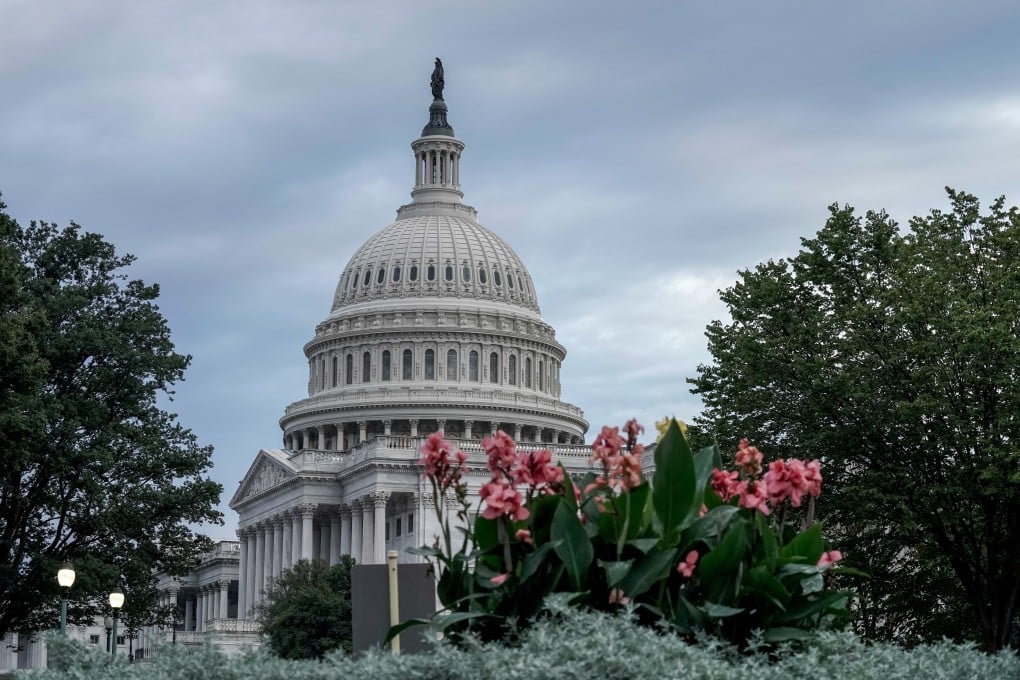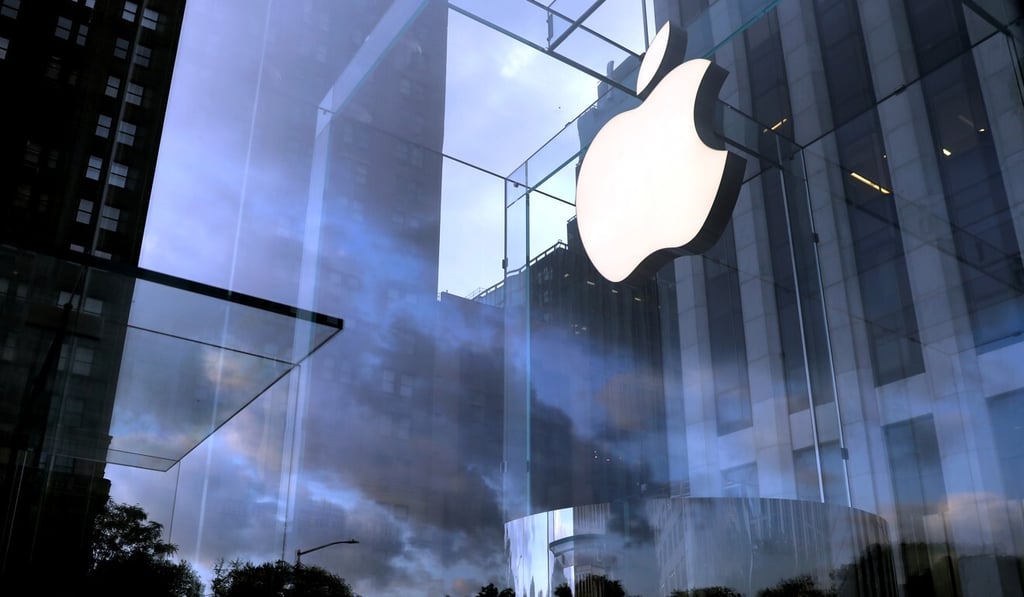Key antitrust allegations against Apple, Amazon, Google and Facebook in US House panel report
- The four largest US internet companies are facing antitrust allegations in a new report by a House panel
- The subcommittee argued that Apple’s cut of App Store purchases is ‘exorbitantly high’ and that Amazon has monopoly power over small online sellers in the US

A House panel released a report proposing reforms to curb the power of the four largest US internet companies. Here are the main allegations:
Apple
Apple works to create high switching costs for users, producing a lock-in effect that lets it exert monopoly power over app developers who are unlikely to ditch the mobile platform, the subcommittee argued. It also alleged the App Store rules threaten developers that compete with new Apple apps and that the company changes the rules to benefit itself, rather than developers.

The report cited Phillip Shoemaker, a former head of App Store review, who said Apple executives would arbitrarily create reasons to remove apps that competed with Apple’s own software and services. Shoemaker added that an app for synchronising Mac computers and iPhones was rejected from the App Store despite not violating any specific rule and that Apple later released its own similar tool.
The subcommittee also said Apple seeks out popular apps in the App Store to later copy and quoted Apple co-founder Steve Jobs saying “we have always been shameless about stealing great ideas.”